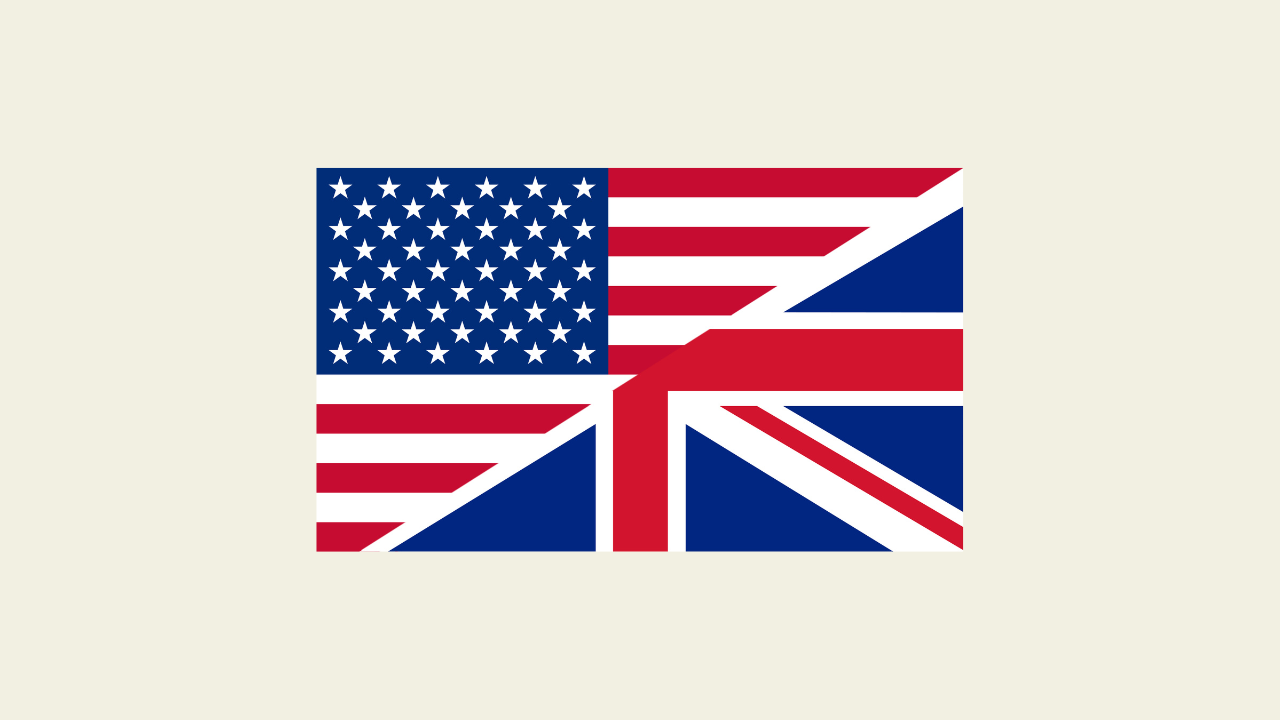How the US-UK Trade Deal impacts Law Firms
Plus how to discuss it in applications and interviews.

In Short: Trump and Starmer struck a UK-US trade deal, lowering barriers for American goods—especially agriculture, chemicals, energy, and autos—and easing tariffs on key UK exports like cars and plane parts.
What was agreed?
- UK will fast-track American goods at customs and reduce trade barriers, especially for agriculture, chemicals, energy, and industrial exports.
- Increased access for US beef, ethanol, and other farm products.
- Tariffs: 10% tariff on UK imports will remain in force but Rolls Royce engines will be tariff free.
- Steel & aluminium: The 25% tariffs on UK steel and aluminium imported by the US will be scrapped.
- Tariff relief for UK cars: 100,000 cars can enter the US at a 10% tariff instead of 27.5%.
- Preferential treatment for the UK if new US sector tariffs are imposed (e.g. pharma, lumber, semiconductors etc.).
- Talks to continue on a digital trade deal and cooperation in advanced tech like quantum computing and aerospace.
Insights: Trump’s using the deal to calm tariff-weary markets and signal he’s open to deals—as long as he’s dictating terms. For the UK, it’s a Brexit-era milestone showing it can strike bilateral pacts. But the complexity and delays reveal the hard truth: bespoke trade deals are marathons, not sprints.
How Does This Impact Law Firms?
This post is for ZipLaw+ users only.
Join ZipLaw+ to continue reading






